Wisconsin Assembly passes set of bills to cut state taxes by $2 billion
Wisconsin Republicans moved closer toward passing $2 billion in tax cuts — the Assembly passed several bills that go next to the state Senate, but it's unclear where Democratic Gov. Tony Evers stands.
Associated Press
February 13, 2024
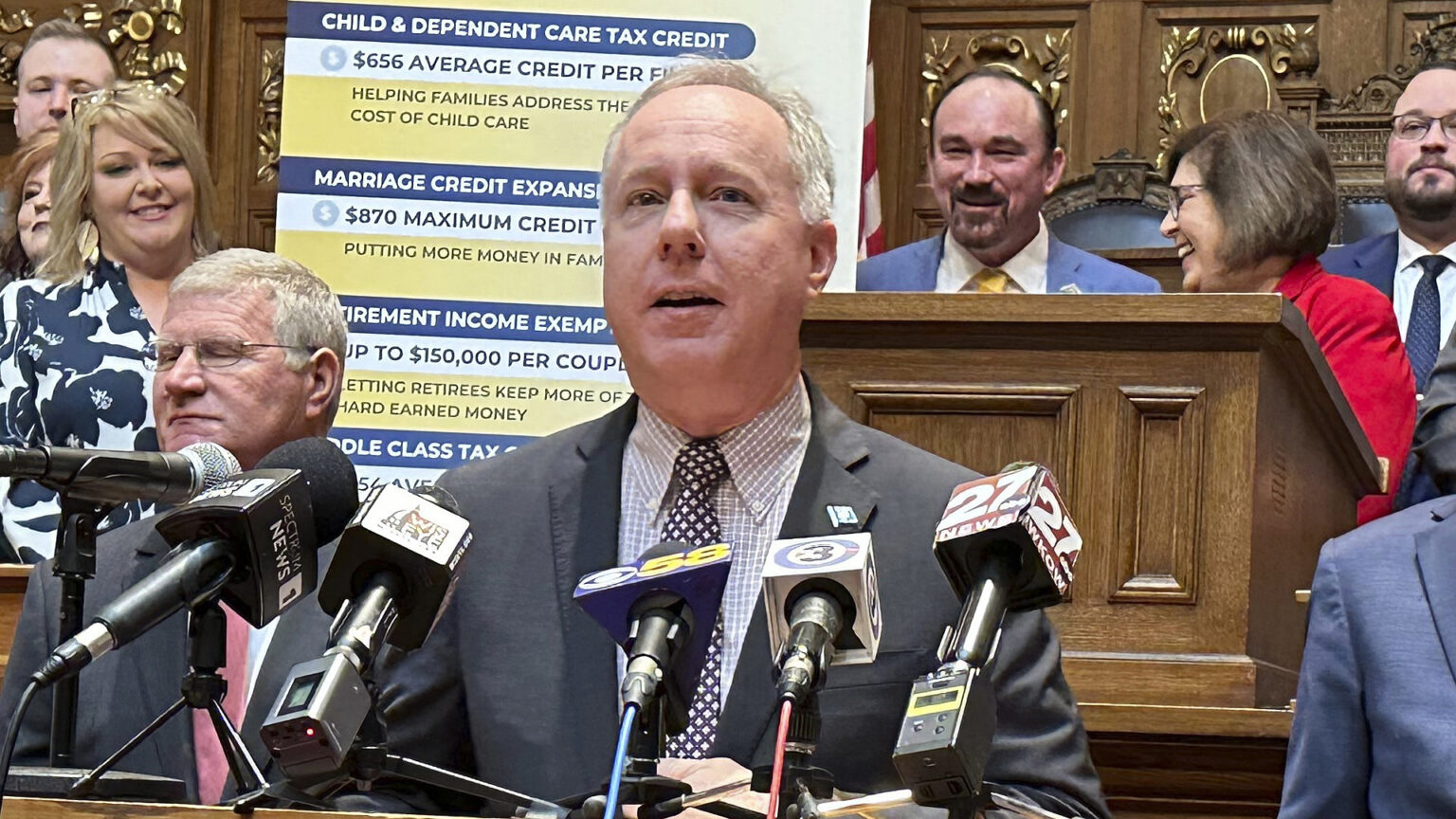
Wisconsin Assembly Speaker Robin Vos, at center, and other Republican legislators address reporters during a news conference on Jan. 23, 2024, in the Assembly chambers of the Wisconsin State Capitol in Madison. The Assembly passed a $2 billion tax cut plan on Feb. 13, 2024. (Credit: AP Photo / Todd Richmond, File)

MADISON, Wis. (AP) — Wisconsin Republicans moved closer to passing their third attempt at a major tax cut this session, pushing a package of cuts through the Assembly on Feb. 13 and on to the Senate.
Senate Majority Leader Devin LeMahieu supports the $2 billion plan, but it’s unclear where Democratic Gov. Tony Evers stands on it. Evers used his partial veto powers in July to reduce a $3.5 billion income tax cut that Republicans inserted into the state budget to just $175 million, which translated to a $3 per month reduction for the average taxpayer. And he vetoed a GOP tax cut plan in November that mirrored the one Republicans are advancing now.
The governor has said the past Republican plans didn’t do enough to help the middle class. But he hasn’t said whether he’ll reject this latest attempt, noting only that he’s always looking for ways to make the tax system more fair. Asked before the Feb. 13 vote on the bill’s prospects, Evers’ spokesperson, Britt Cudaback, had nothing new to offer, referring a reporter to Evers’ previous remarks.
Rather than packaging their latest plan in a single omnibus bill like in November, Republicans divided it into multiple bills in the hopes that Evers might see his way to signing some of them, if not all.
If Evers vetoes any of the bills, he would risk handing Republicans campaign talking points this summer. GOP incumbents could boast that they tried multiple times to deliver tax relief, but the governor blocked them.
“Hey, I’m an eternal optimist,” Assembly Republican Majority Leader Tyler August said during a news conference before the vote. “I’m sure he’ll see the value in these. It delivers a middle-class tax cut and I’m fully confident he can and should sign it.”
Democratic Minority Leader Greta Neubauer blasted the package at the outset of the floor session, calling it “fiscally irresponsible.” She warned that the cuts would disproportionately benefit the wealthy and drain the state’s $7 billion surplus.
Democratic Rep. Tim McGuire told Republicans that Evers “is going to save you from yourselves” by vetoing the package.
One bill would expand the state’s second income tax bracket to cover higher earners. Currently, single filers who make between $14,320 and $28,640 and married joint filers who make between $19,090 to $38,190 fall in the second bracket. That means they face a 4.4% tax rate. Single filers who make between $28,640 and $315,000 and married couples who make between $38,190 and $420,420 are in the 5.3% third bracket.
The legislation would expand the second bracket to include single filers who make between $14,320 and $112,500 and married joint filers who make between $19,090 and $150,000. The change would result in income tax savings of nearly $795 million in fiscal year 2024-2025 and about $750 million annually thereafter, according to the Legislative Fiscal Bureau.
Another bill would increase the income tax credit for married couples from a maximum of $480 to $870 beginning in tax year 2024.
A third bill would expand the state’s child care tax credit to 100% of the claimants’ federal child care tax credit. Currently, filers can claim only 50% of the federal credit on their state tax returns. The amount of maximum eligible expenses under the state credit would grow from $3,000 to $10,000 for one qualifying dependent and from $6,000 to $20,000 for two or more dependents.
A fourth bill would increase the amount of retirees’ income exempt from the state income tax from the first $5,000 to the first $75,000 for single filers. The first $150,000 of retired married joint filers would be exempt under the proposal.
All in all, the bills would cost the state about $2 billion in lost tax revenue in 2024-2025 and about $1.4 billion each year thereafter, according to the fiscal bureau.
The bracket expansion and married couple tax credit bills passed on party line votes.
The retirement exemption bill passed 64-32 after two Democrats — Katrina Shankland and LaKeshia Myers — voted with Republicans in favor. Shankland is running for Congress against Republican U.S. Rep. Derrick Van Orden, and Myers is running for an open state Senate seat representing parts of Milwaukee.
The child care tax credit bill passed 92-4.
 Passport
Passport




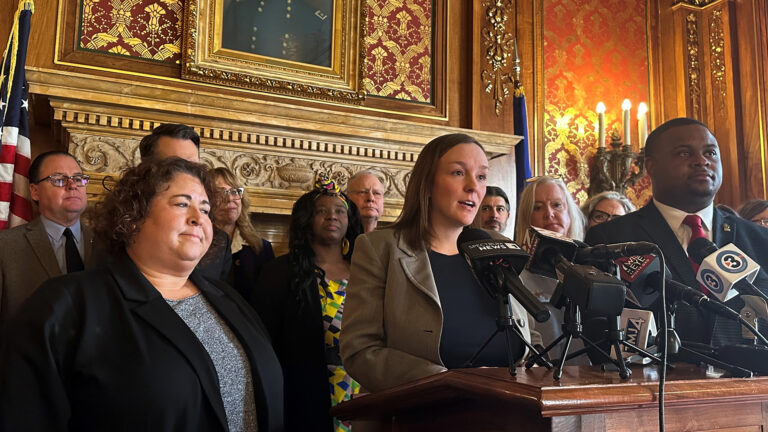
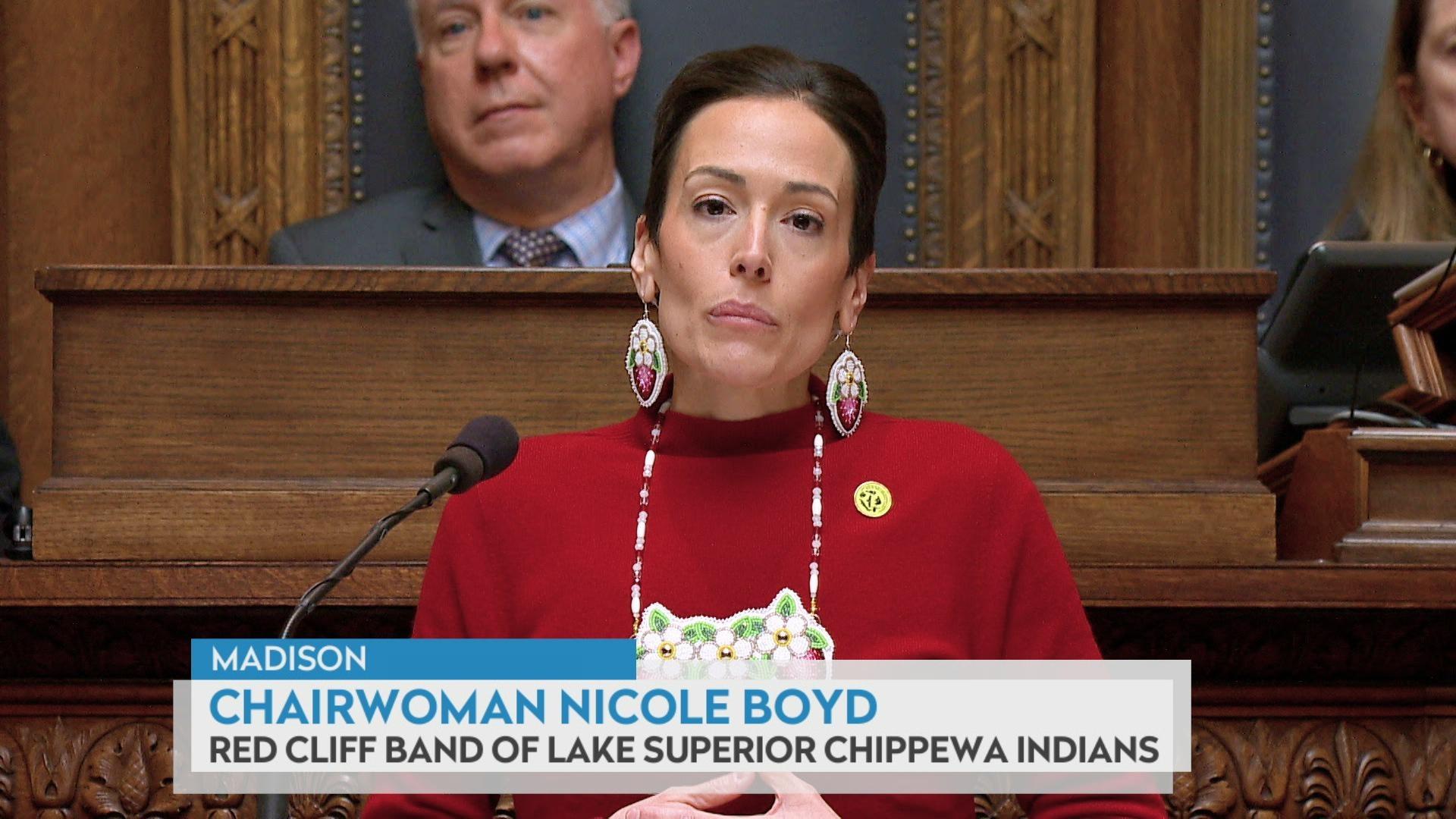
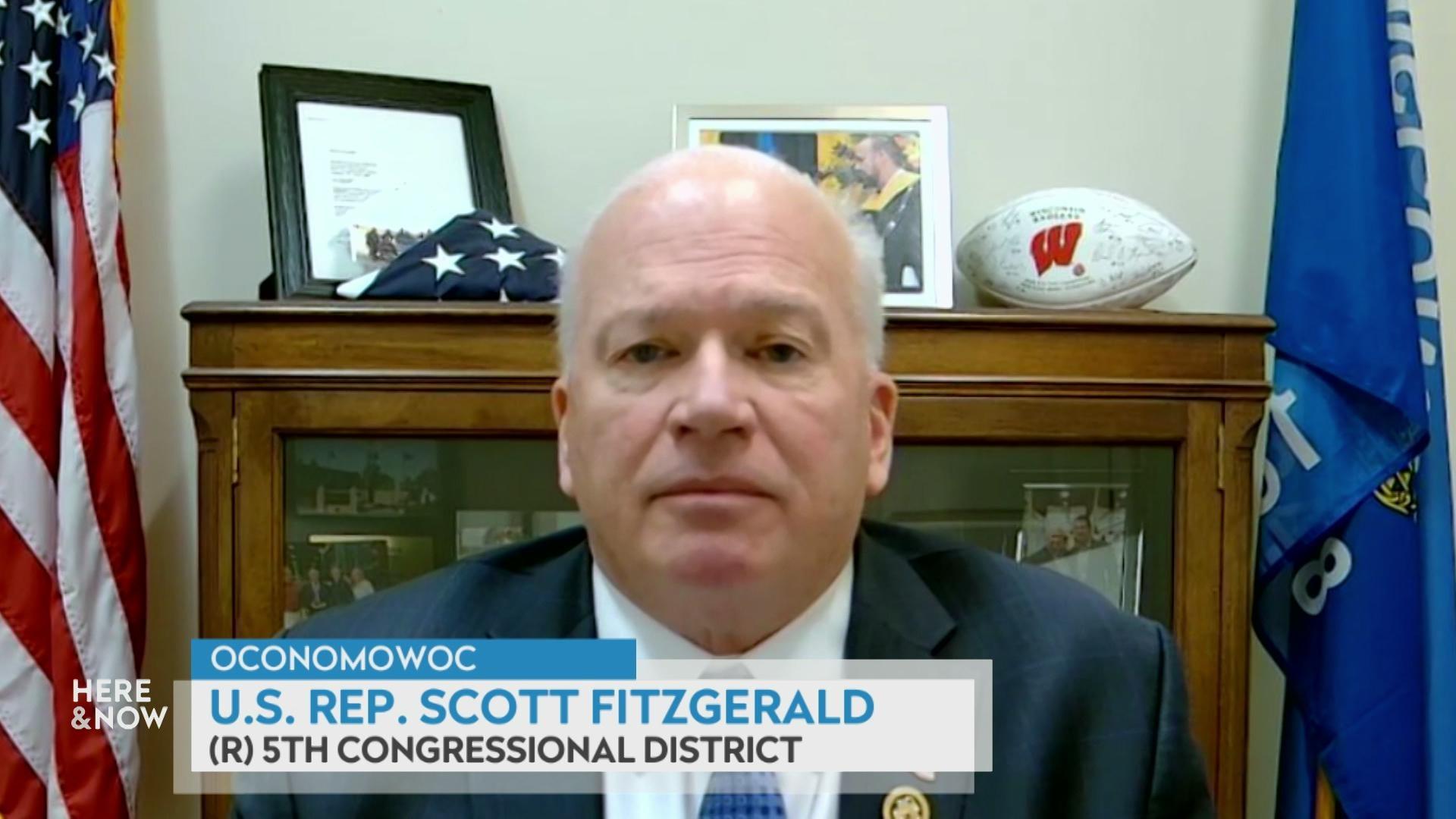

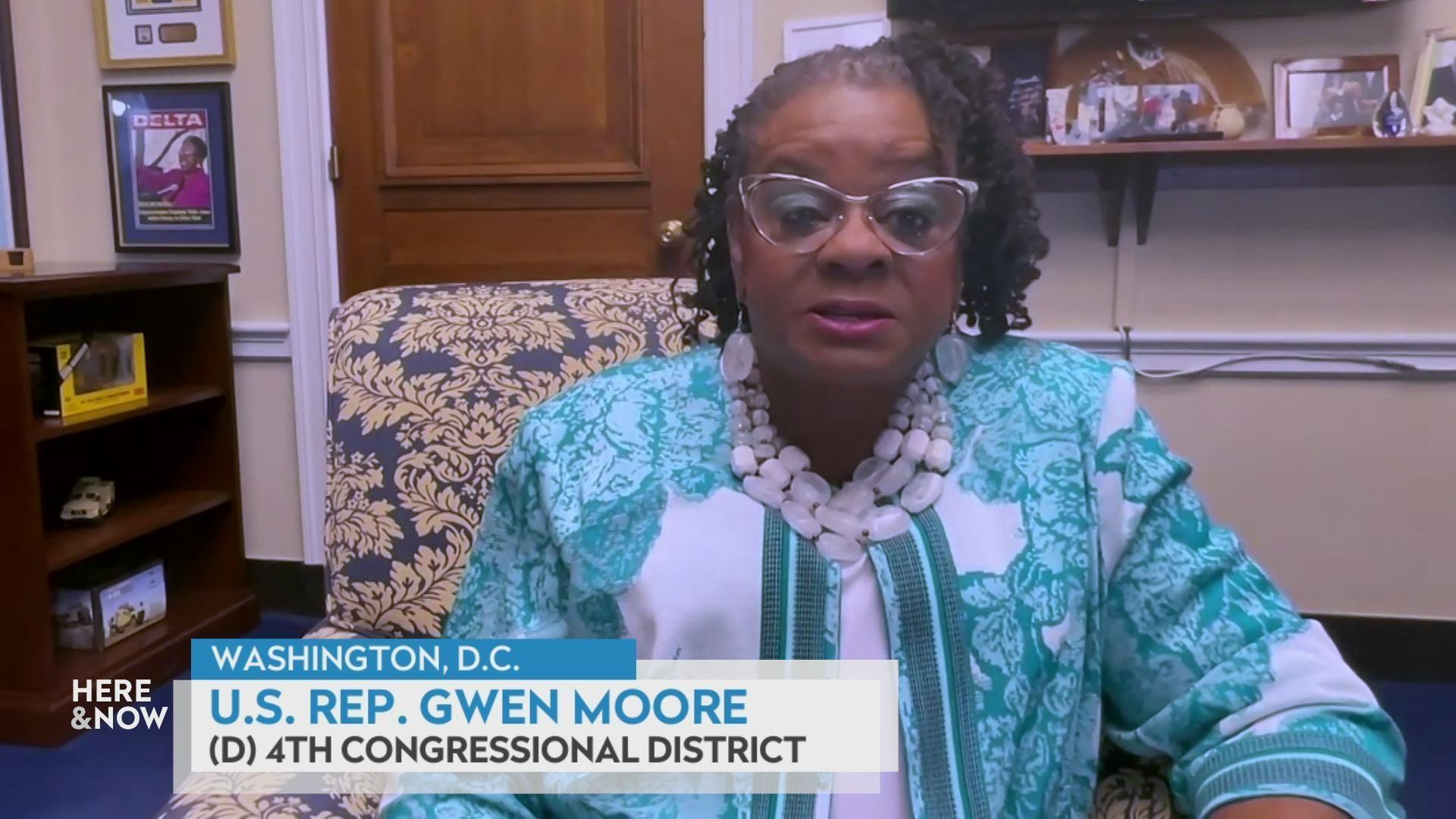


Follow Us